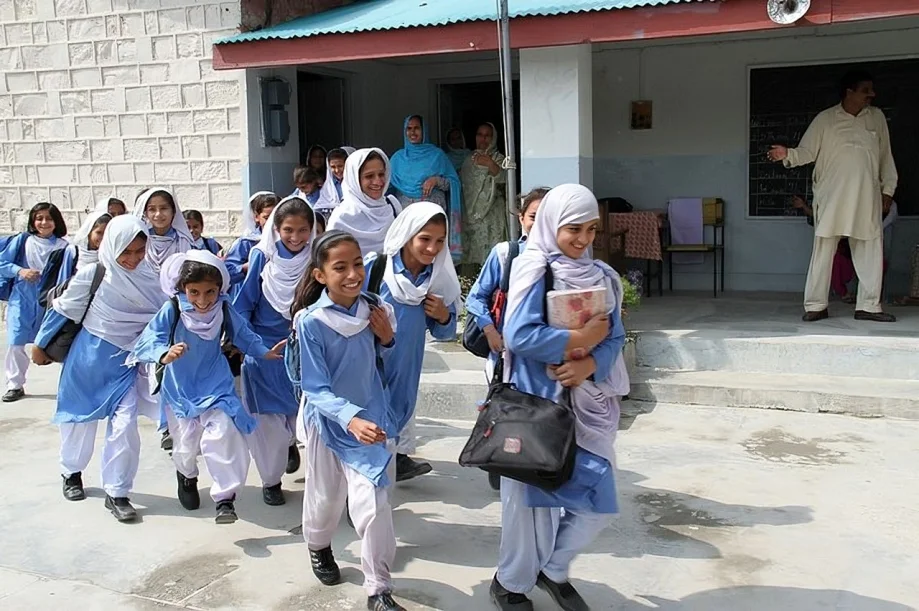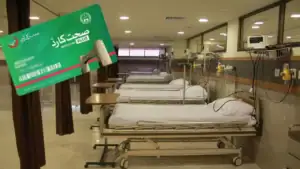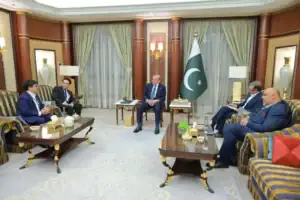Education plays a foundational role in shaping societies, and in Pakistan, its importance is even more pronounced. In a country grappling with socio-economic challenges, political instability, and a rapidly growing population, education is not merely a tool for individual success—it is the backbone of national development.
The role of education in strengthening the Pakistani community cannot be overstated, as it serves as a bridge to equality, innovation, and unity.
Breaking the Cycle of Poverty
One of the most critical ways education strengthens Pakistani society is by reducing poverty. With nearly 40% of the population living below the poverty line, education acts as a lifeline for disadvantaged families. Educated individuals are more likely to secure stable jobs, earn higher incomes, and uplift their households economically. Moreover, education encourages entrepreneurship and innovation, opening pathways for self-employment and job creation. This directly reduces dependency on government aid and builds a self-reliant community.
Promoting Social Harmony and Tolerance
Education fosters awareness, empathy, and respect among citizens. In a diverse country like Pakistan, with multiple ethnic, religious, and linguistic groups, these qualities are vital. Schools and colleges expose students to various perspectives, encouraging them to understand and appreciate diversity. Educated communities are generally more peaceful, law-abiding, and less susceptible to extremism or sectarian conflict. Promoting civic sense and social ethics through education helps build a united, tolerant society.
Empowering Women for Nation-Building
Female education is a cornerstone of community development. When women are educated, they become active contributors to the economy, informed mothers, and empowered leaders. In rural Pakistan, where girls’ education still faces cultural barriers, educating women can transform entire villages. Educated mothers are more likely to send their children to school, breaking generational cycles of illiteracy. Women’s participation in healthcare, teaching, and business can significantly strengthen the fabric of Pakistani society.
Enhancing National Identity and Patriotism
Education is a powerful tool for instilling national identity and pride. Through curriculum content, students learn about Pakistan’s history, culture, and constitutional rights. This builds a sense of belonging and responsibility among the youth. A well-informed citizenry is essential for a functioning democracy. People who understand their rights and duties are more likely to vote, demand justice, and contribute positively to their nation. Thus, education strengthens the democratic foundation of Pakistan.
Boosting Economic Development
A strong education system directly translates to economic growth. Countries with skilled labor forces attract international investment and foster innovation. In Pakistan, enhancing technical and vocational education can produce a workforce that meets modern industry demands. STEM (Science, Technology, Engineering, Mathematics) education is essential for competing in global markets. Improved education means better productivity, stronger exports, and reduced reliance on foreign aid, all of which build a resilient national economy.
Addressing Challenges and the Way Forward
Despite its significance, Pakistan’s education system faces many hurdles: outdated curricula, underpaid teachers, low enrollment rates, and a lack of infrastructure. Bridging the urban-rural education gap must become a top priority. Government and private sectors must work together to invest in school facilities, teacher training, and digital learning platforms. The use of local languages, community-based schools, and scholarship programs can ensure that education reaches even the most remote areas.
Moreover, public awareness campaigns emphasizing the importance of education in Pakistan can shift societal attitudes, especially in conservative regions. Partnerships with NGOs and international organizations can bring in technical expertise and funding to modernize Pakistan’s education landscape.
Conclusion
The role of education in strengthening the Pakistani community is vast and multidimensional. It uplifts the poor, empowers women, promotes peace, drives economic growth, and instills national pride. Pakistan’s future lies in the classrooms of today. Investing in education is not just a policy choice—it is the only sustainable path to a united, prosperous, and resilient Pakistan
Read More: Exploring the Top Public and Private Libraries in Pakistan – A Complete Guide









